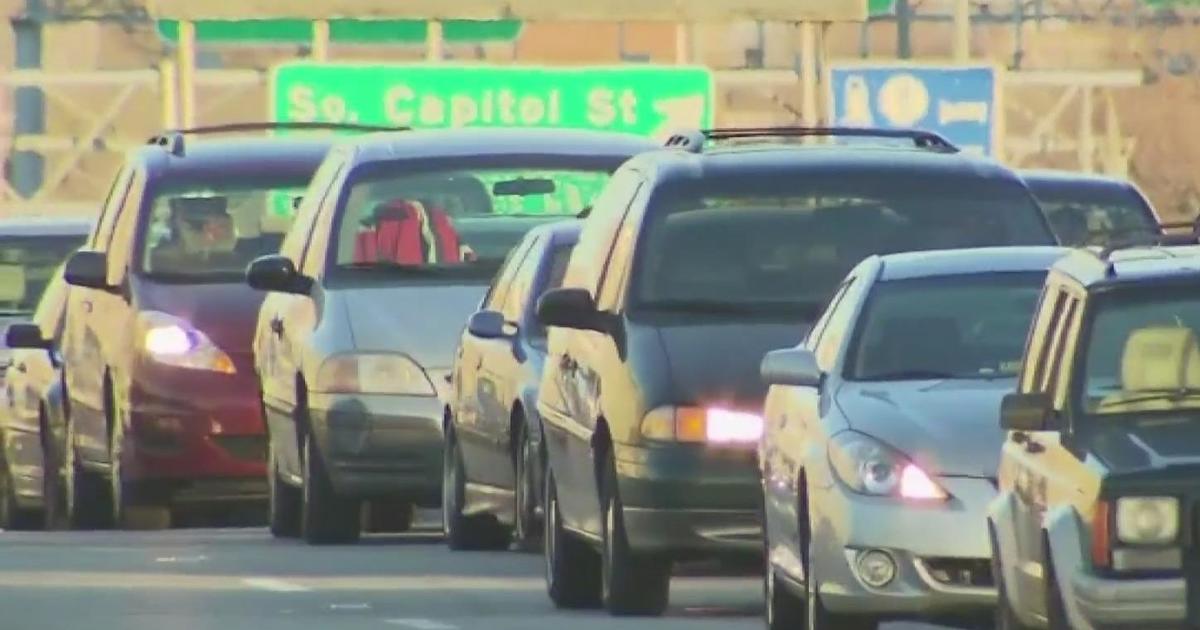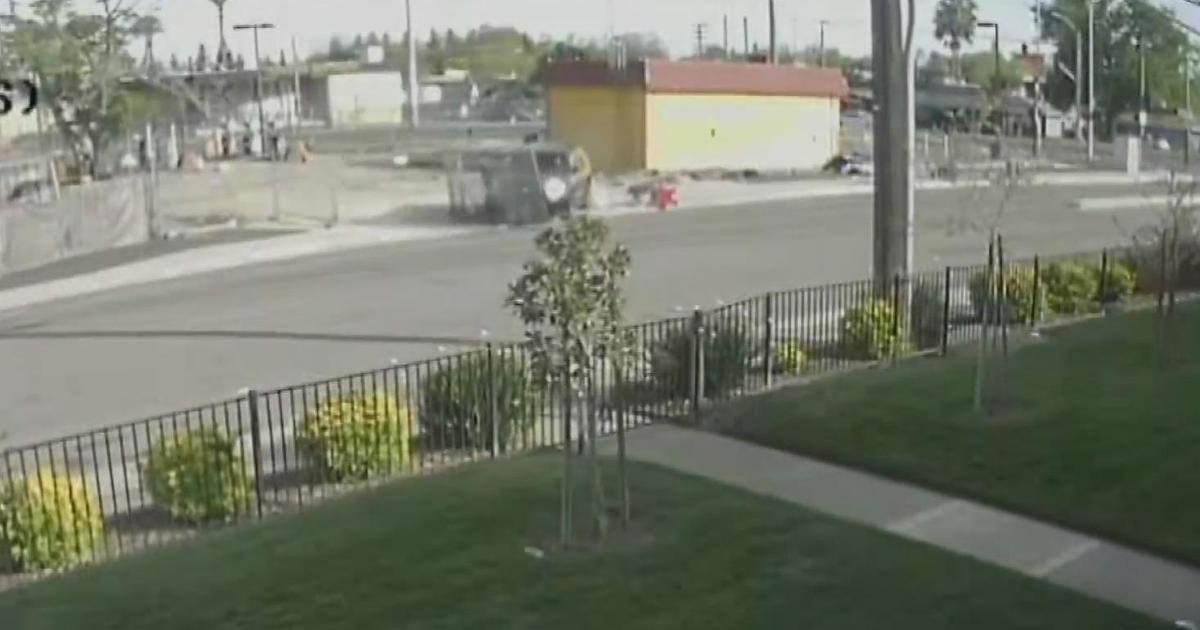Newsom Signs Police Reform Laws, Enacts Way To Strip Badges From Bad Officers
SACRAMENTO, Calif. (AP/CBS13) — California Gov. Gavin Newsom on Thursday signed into law several criminal justice reforms, including setting up a way to strip the badges of police officers who act criminally or with bias.
The state was one of just four without such a statewide system alongside Hawaii, New Jersey and Rhode Island. California's reforms also will limit the use of rubber bullets during protests, bar a type of restraint hold that has led to deaths and detail when an officer has a duty to intervene to prevent or report excessive force.
"We are in a crisis of trust when it comes to law enforcement right now, across the state, across the nation," said Attorney General Rob Bonta, Newsom's fellow Democrat who supported the bills. "We're delivering concrete solutions from banning dangerous holds that lead to asphyxia to multiple other mechanisms that improve accountability and oversight and transparency."
Officers can now lose their certification for serious misconduct including using excessive force, committing sexual assault, intimidating witnesses, making a false arrest or report, or participating in a law enforcement gang. Other grounds include "demonstrating bias" based on race, religion, gender identity, sexual orientation or mental disability, among other criteria.
"We cannot let last year's national cry for change be a fleeting moment. In California, we have the chance to make more change now. Now, officers who have committed serious misconduct won't be able to simply get a job in a different jurisdiction—they will be off the force," a tweet from the Office of the Governor of California read Thursday.
Newsom signed the legislation during a sometimes emotional event in a Los Angeles County park where Kenneth Ross Jr., a 25-year-old Black man, was killed in 2018. The officer who shot him was cleared of wrongdoing, but had previously been involved in three other shootings.
"Say his name," supporters chanted softly as Newsom signed the bills and Ross' mother, Fouzia Almarou, spoke of her ever-present pain and agony as well as her hope that the new laws will prevent other Black and Brown deaths.
The mother of Angelo Quinto, Sandra Quinto Collins, burst into tears and was hugged by Newsom before other family members told how he died after a San Francisco Bay Area officer pressed a knee to his neck during a mental health crisis just before Christmas last year. A new law will restrict such face-down holds that can cause what's known as positional asphyxia.
Newsom also signed a measure setting statewide standards for when officers can use "kinetic projectiles" like rubber bullets and chemical agents or tear gas to break up peaceful demonstrations. Police also are prohibited from aiming rubber bullets, beanbags and foam rounds at anyone's head, neck or other vital areas.
During the 2020 racial justice protests, some demonstrators acting peacefully were injured by rubber bullets and other projectiles.
The new law also requires training officers to use the less-lethal weapons only when someone is at risk of death or serious injury, or "to bring an objectively dangerous and unlawful situation safely and effectively under control." Officers will have to give verbal warnings and try other de-escalation tactics first.
Police groups opposed the measure, arguing the less-than-lethal tools are needed to prevent violence and are often better than the alternatives.
The law allowing the decertification of poor officers comes 18 years after lawmakers stripped away that power from a state police standards commission.
That left it to local agencies to decide if officers should be fired, but critics said they could often simply get a job in a different department.
The legislation will create a mandatory new state license, or certification, that can be permanently revoked. Allowing decertification will end "the wash, rinse, repeat cycle of police misconduct," Democratic state Sen. Steven Bradford said.
"Many times it's said Black and Brown people hate the police," said Bradford, who is Black. "We don't hate the police. We fear the police. We fear the police due to lack of trust."
His new law was driven in part by last year's murder of George Floyd by a Minneapolis policeman, yet the legislation stalled at the end of last year's session, as did the rubber bullets bill.
The decertification measure still struggled to gain support in the Assembly this year until Bradford agreed to allow suspending the license as a lesser punishment and beefed up other safeguards.
Unions representing officers in Los Angeles, San Francisco and San Jose declared victory with those changes to a bill they said would originally have allowed ending officers' careers "for infractions as minor as a jaywalking ticket."
Law enforcement organizations and Republican lawmakers objected that the bill is still biased because just two of the nine members of a new disciplinary board will represent police, while the remaining seven will have professional or personal backgrounds related to police accountability.
Supporters including Bradford said that isn't stacked against officers because the 18-member Commission on Peace Officer Standards and Training is mostly composed of law enforcement professionals and will make the final decision.
Both California Police Chiefs Association president Abdul Pridgen and Brian Marvel, president of the rank-and-file Peace Officers Research Association of California, said they hope to continue working out what they say are lingering flaws and vagueness in the bill, while supporting the overall goal.
"We cannot allow officers who demonstrate gross misconduct to continue to be members of the law enforcement profession; their licenses must be revoked," Marvel said.



